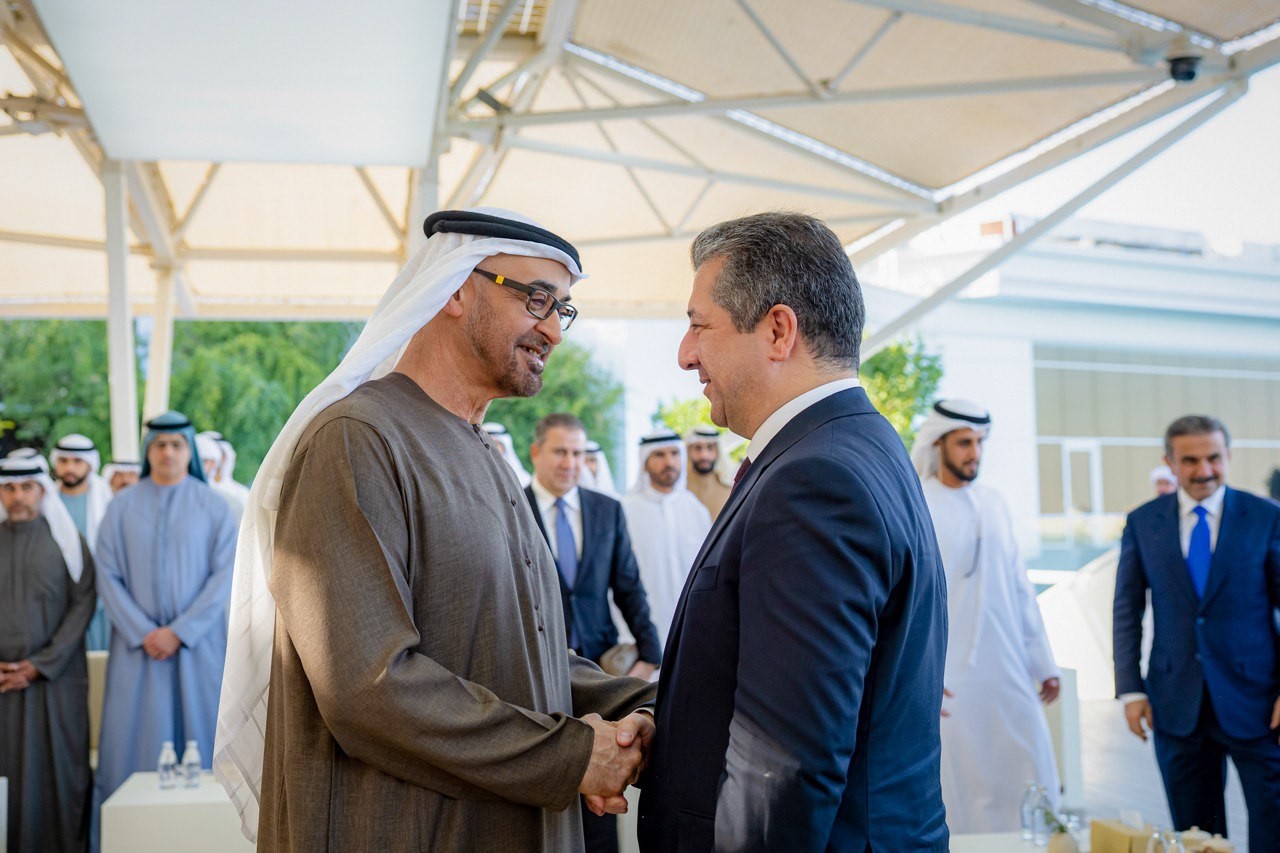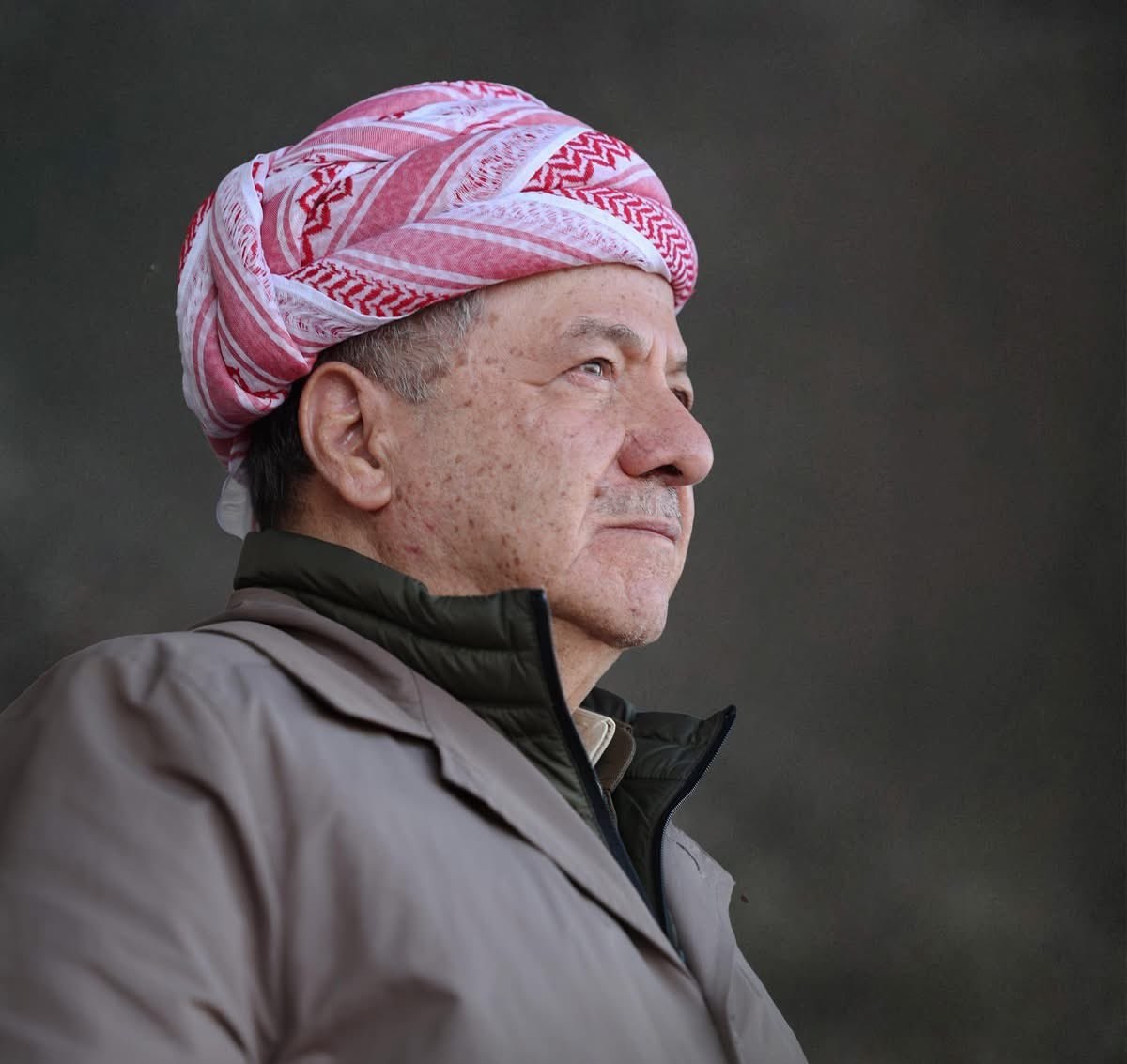Kurdistan Regional Government (KRG) Minister of Interior Rebar Ahmed Khalid on July 8 told reporters in a press conference that the Iraqi federal government has responded to the demands of the KRG and internally displaced peoples (IDPs), issuing a new decision creating a task force charged with overseeing the IDP camps in the country.
Moreover, on July 9, Minister Khalid, KRG Department of Foreign Relations Head Safeen Dizayee, and Senior Advisor to the Prime Minister Bayan Sami Abdulrahman updated diplomatic missions, UN agencies, and non-governmental organizations in the Kurdistan Region in a briefing on the challenges faced by refugees and IDPs, and outlined a roadmap for a solution.
“[We] welcomed the #Iraqi federal Prime Minister @mohamedshia’s initiative to establish a joint task force aimed at creating a comprehensive roadmap for durable solutions for IDPs,” Minister Khalid said in a post on X. “We extend our heartfelt gratitude to all partners for their continued support and coordination.”
The federal government had previously issued a deadline to close all IDP camps in Iraq by July 30.
Joint Crisis Coordination Center Director General Srwa Rasul told Kurdistan Chronicle that “Minister Khalid valued the decision of Iraqi Prime Minister Mohammed Shia’ Al Sudani, and we hope to find a solution for IDPs to return, in dignity and peace, to their areas of origin.”
She added that this task force will develop a roadmap in collaboration with UN agencies, including the United Nations Assistance Mission for Iraq, the UNCHR, and the International Organization for Migration.
A report funded by the EU Commission published on May 14 shows that the majority of IDPs in camps in the Kurdistan Region – nearly 95% – do not intend to return to their areas of origin in the next 12 months.
Moreover, Human Rights Watch in a report on May 13 said that the closure would imperil the rights of many camp residents from the northern Sinjar district, since Sinjar remains unsafe and lacks adequate social services.
KRG officials have underlined that they will not force IDPs to return to their areas of origin.
Rasul also told Kurdistan Chronicle that Minister Khalid had sent a letter in February to Iraqi Prime Minister Sudani to discuss the July 30 deadline, and called for a task force includingUN agencies, the KRG, and the Iraqi federal government to find a humane solution to the IDP issue.
In the same letter, the Minister Khalid called for the implementation of the Sinjar Agreement, and protested the decision by Iraq’s Ministry of Education to shut its representation offices that oversee federal schools in the Kurdistan Region.
After the rise of ISIS in 2014, the Kurdistan Region hosted over two million IDPs, and 250,000 refugees, mostly from Syria.
“We have been working on a roadmap since August of last year and we have had many meetings in Erbil and Baghdad,” Rasul also told Kurdistan Chronicle. “The roadmap covers a range of possible solutions, legal and security concerns, the Sinjar Agreement, job opportunities, and the main obstacles to return.”
However, she said that when the roadmap was in its final stage, the federal government announced its decision to shut down all the camps by July 30 without consulting either the UN or the KRG.
Nevertheless, she said that the KRG Ministry of Interior received a letter from the office of Iraqi Prime Minister Sudani in early July on a decision to create a high-level task force to find a solution to the continued displacement of Iraqis in camps. The new task force will include representatives from the Iraqi federal government, the KRG, and UN agencies
“We have now selected our nominees from the KRG to be on the task force and the meetings will start soon.”
She added that all IDPs in the Kurdistan Region face serious obstacles to return to their areas of origin. “However, they are all willing to return if a solution is provided to remove those obstacles.”
“The KRG believes in voluntary return, so we will never be part of forcing the return of IDPs,” Rasul concluded.
In October 2020, Baghdad and Erbil signed the Sinjar Agreement, with the aim to stabilize the situation in Sinjar and pave the way for some 300,000 Yezidis and Sunnis from Sinjar to return to their areas of origin. However, the agreement has not been implemented yet and militia groups remain active in many areas of Sinjar.

